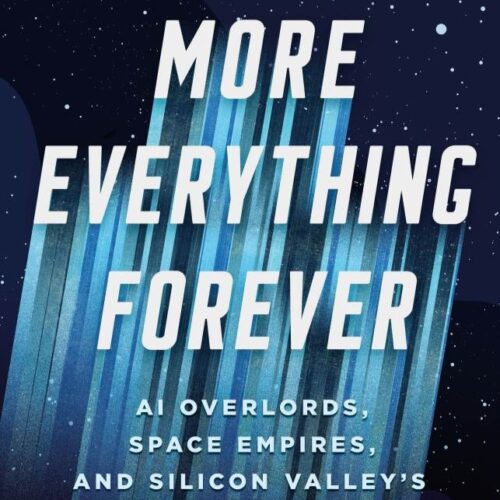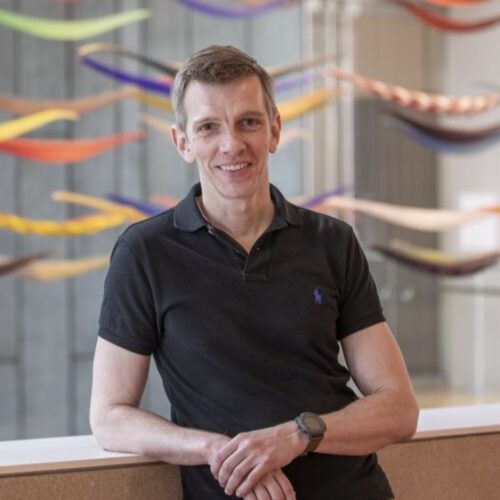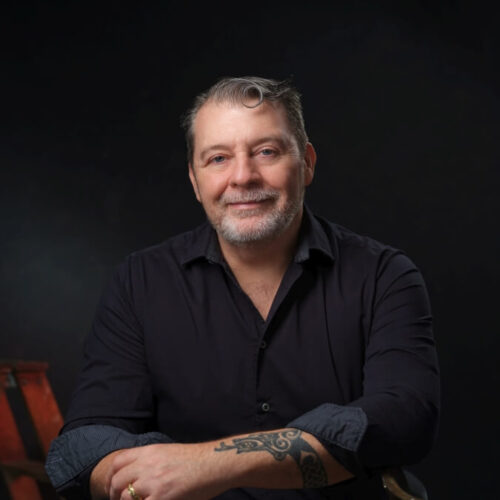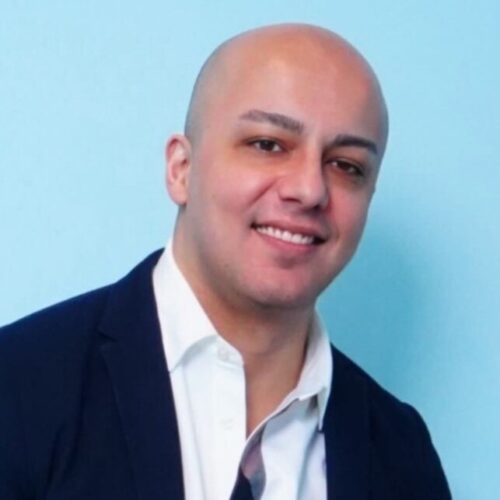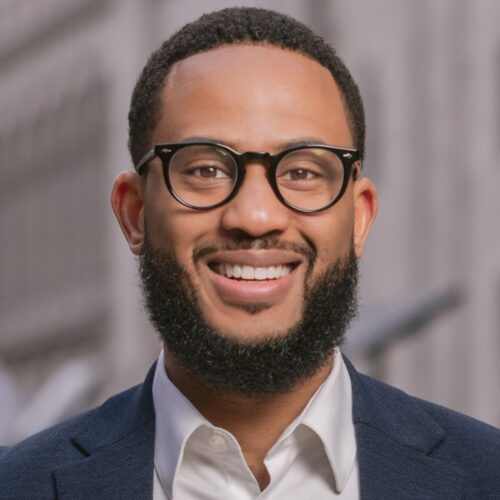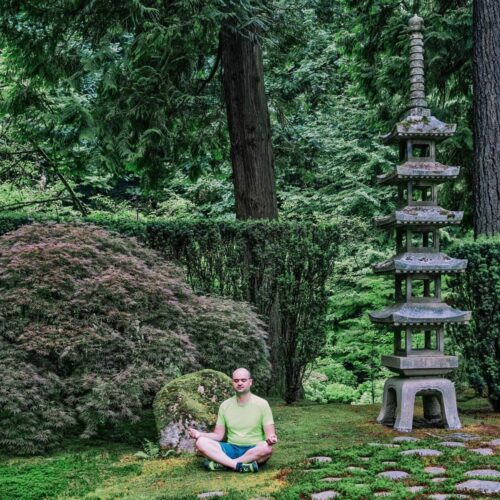Giulio Prisco on The Turing Church: The End Is Not The End
Socrates / Podcasts
Posted on: August 25, 2012 / Last Modified: June 28, 2024
Podcast: Play in new window | Download | Embed
Subscribe: RSS
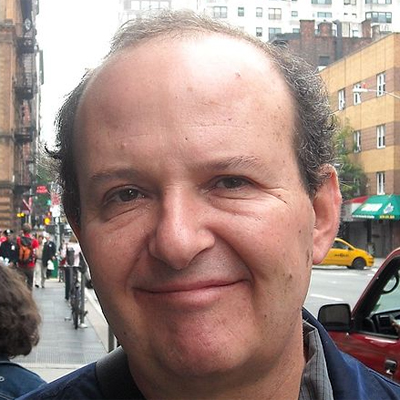
Giulio Prisco is an Italian information technology virtual reality consultant, as well as a writer, futurist, and transhumanist.
Formerly a senior manager in the European Space Agency, Prisco is a physicist and computer scientist who started his career at CERN.
Giulio is an avid advocate of cryonics. He is also a member of the advisory board of the Lifeboat Foundation and a founding member of the Order of Cosmic Engineers and the Turing Church, fledgling organizations that claim that the benefits of the technological singularity would be viable alternatives to the promises of major religious groups.
Given Prisco’s biography, when Catarina (Kryonica) suggested that I invite Giulio to Singularity 1 on 1, I was very happy to oblige.
During our conversation, we cover a wide variety of topics such as: how Giulio got interested in transhumanism and the singularity; the inspirational role of science fiction in general and Arthur C. Clarke in particular; the many definitions of the technological singularity; transhumanism and why he is a singularitiarian who doesn’t believe in the singularity; happiness as the ultimate motivation; religion, spirituality, unreligion and science; the Order of Cosmic Engineers; The Turing Church; hope and resurrecting the dead.
My favorite quote that I will take away from this interview with Giulio Prisco is:
The end is not the end. Future science and technology may be able to resurrect us.
As always, you can listen to or download the audio file above or scroll down to watch the video interview in full. To show your support, you can write a review on iTunes, make a direct donation, or become a patron on Patreon.
Who is Giulio Prisco?
Giulio Prisco is a writer, technology expert, futurist, cosmist, and transhumanist. A former manager in European science and technology centers, he writes and speaks on a wide range of topics, including science, information technology, emerging technologies, virtual worlds, space exploration, and future studies. He is especially interested in the convergence of science, religion, technology, and spirituality.

